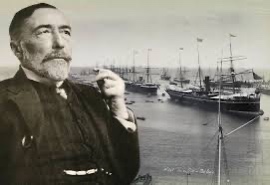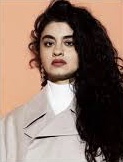Canada Reads 2020
 "From the Ashes: My Story of Being Metis, Homeless, and Finding My Way" is a memoir by Jesse Thistle.
"From the Ashes: My Story of Being Metis, Homeless, and Finding My Way" is a memoir by Jesse Thistle.
The title really tells it all! I found the story engrossing, emotional, and inspiring.
Because of the title, I knew that there would be hope at the end. So important to me! But the road that Jesse travelled to 'find his way' was devastating.
Because of his parents' break-up, he and his two brothers were raised by one parent, then the other, and then in foster care. Eventually they ended up with their grandparents, who were the parents of their drug-addicted father. The grandfather was very tough on them and eventually there was conflict. Jesse struck out on his own, and it was a terrible road that he travelled. At 12, he was taking drugs and he was homeless by 21. His self-destructive life of drugs, alcohol and crime continued until he was 32 years old!
This memoir was heart-wrenching. His inability to find his way out of addiction was unbelievable. There were a couple of times that I thought he had made it, but he was back to the street and a life of crime. By then, his body was badly damaged, but he took up running at a detention centre. With the persistence that he learned there, he began taking courses and eventually ended up with a university degree and a new life.
The middle part of the book was long and difficult to read, and could have been edited better. But the beginning was great and the ending was so heart-warming. Not only did he find a very supportive love, he also found his way back into his family and the Indigenous culture.
 I was reminded of the pure gold found in a secure childhood. Jesse suffered greatly from the absence of his parents in his life. You could feel Jesse's heart through the whole story, especially in the poems that are interspersed through the book.
I was reminded of the pure gold found in a secure childhood. Jesse suffered greatly from the absence of his parents in his life. You could feel Jesse's heart through the whole story, especially in the poems that are interspersed through the book.
Jesse is now an assistant professor at York University and is an advocate for the homeless.
This book is heart-wrenching and heart-warming. It touched my heart! I think it is worthy of winning Canada Reads this year.




















































